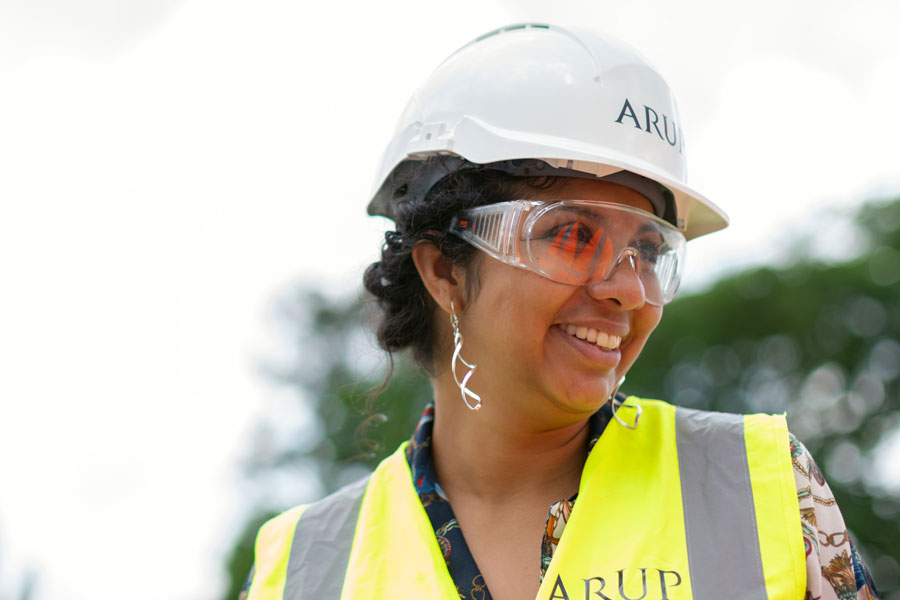MSc - Medical Imaging (Ultrasound)
This is a challenging, yet rewarding programme of study offering you the opportunity to develop the high level skills required of an autonomous ultrasound practitioner, in 3 or 4 areas of ultrasound practice.
This is a highly flexible part-time pathway that will appeal to a wide range of health care professionals who wish to develop ultrasound skills as an extension of their scope of practice.
You will receive high quality teaching from friendly, supportive and enthusiastic staff, who are clinically and research active. The course is delivered via a blended approach combining some online and some face to face (campus based delivery) at our Lancaster campus.
You’ll engage in practice based learning in a clinical environment with expert mentor support.
Accredited by the Consortium for the Accreditation of Sonographic Education (CASE), this programme delivers high-quality sonographic education at an appropriate level to ensure trainees are competent and able to practice professionally within the sonographic field. Students undertaking a CASE accredited Medical Ultrasound programme will know that high quality education and training is being delivered against set standards.
Course Overview
Our MSc Medical Imaging (Ultrasound) offers you the opportunity to train in a range of ultrasound applications. You will be taught in your place of employment as well as our modern Clinical Skills Suite by some of the area’s leading experts in this field and using state of the art simulation systems.
The course is modular, offering part-time enrolment options to help you fit your professional development into your lifestyle. Our part-time pathway is flexible in its design, delivery and assessment to help you meet the demands of work and family commitments. A broad range of negotiated modules allow you to put together a programme of study that meets your individual learning needs, supporting your individual career aspirations.
You must have access to a clinical ultrasound placement for a minimum of three days per week. Please note that part-time students must source a placement independently.
On this course you will...
- Have the opportunity to develop the high level skills required of an autonomous ultrasound practitioner.
- Develop ultrasound skills as an extension of their scope of practice.
- Receive high quality teaching from friendly, supportive and enthusiastic staff, who are clinically and research active.
- Engage in practice based learning in a clinical environment with expert mentor support.
- To study around your work commitments, with start dates in May, September or January each year.
Location
Lancaster Campus
Lancaster is the Red Rose heartland, a student haven full of history and culture. With iconic stone architecture, parkland, and a caring community, this is the place to get involved. The campus houses top-quality facilities tailored to the needs of life-savers, world changers, and future leaders.
Find out moreLocation
Online Learning
Online learning at the University of Cumbria is an interactive experience that makes use of a range of technologies and media types to provide a rich learning environment.
Find out moreLocation
Work-based
We are Cumbria’s University – enriching people and place. A place of and for our community. A place of possibility. A place where amazing journeys happen. With guidance and support. Where it’s safe to be brave, to be boldly you.
Find out more
Find out more about studying with us
Attend an Open Day at Cumbria
An Open Day is your opportunity to explore one of 5 campuses, meet your lecturers, and find out how the University of Cumbria could become your new home.


-199x64.png)
.webp)
.webp)
.jpg)



